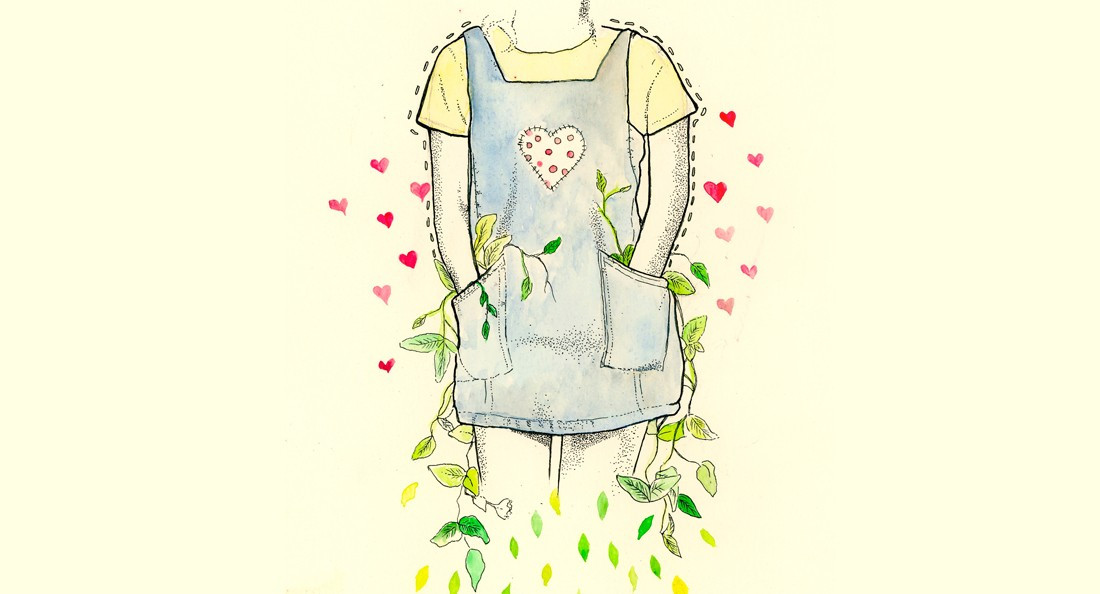Gently loved garments for sale
Back-to-school shopping for the ethically minded consumer
In the present climate crisis, buying ethically made apparel can be an act of solidarity. Fast fashion and the relentless cycle of buying and throwing away clothes that wear out within the same year is not sustainable, nor has it ever been.
Each time consumers take out their wallets, they are essentially casting a vote. When corporate responsibility in the climate crisis isn’t up to standard, individual spending choices can hold companies accountable to otherwise overlooked social and environmental standards.
Endless corporate advertising campaigns during the back-to-school season may give people the itch to head to big-box stores or spend August paycheques on an online shopping haul of penny-labour outfits for outrageously low prices. However, consider the fact that it can take up to 2,700 litres of water to manufacture just one cotton T-shirt. From an environmentally focused, fair-trade standpoint, investing in the corporate fashion industry is quite harmful.
Fortunately, the vintage and upcycled clothing industry in Winnipeg is booming right now. Rather than heading to shopping malls, much of the
student-aged population is opting instead to attend seasonal pop-up markets, where curated racks of vintage and previously loved pieces line urban alleyways, artist studios and cafés.
For the ethically minded consumer, the appeal is no longer flashy brand names, but frocks and jackets that add an air of personalization to one’s wardrobe and simultaneously lighten their carbon footprint.
Beyond feeling less climate-related guilt, those who choose to shop at secondhand clothing markets cultivate community. As vintage clothing stores become more embedded into the fabric of Winnipeg’s arts scene, people and communities are brought together. Clothing markets foster collaboration between local makers, visual artists and small businesses – and they give people the opportunity to meet like-minded individuals while exchanging clothing and conversation.
Casting a dollar-vote to local, secondhand or fair-trade clothing establishments puts money into bettering cities and communities by supporting local artisans, and it contributes to the project of making spaces more sustainable. Buying an upcycled dress from a vintage market can help turn a local clothing curator’s passion into a sustainable business.
Money not spent on fast fashion not only saves gallons of water, but it also saves consumers from corporate fashion’s exhaustive, wasteful cycle of purchasing, ruining and re-purchasing. And luckily, making more sustainable fashion choices also often means buying clothing that is more well-made.
Back-to-school shopping doesn’t have to take a toll on the environment. While there’s far more to sustainability than consumer responsibility, it’s a step in the right direction, if nothing else. This fall, do yourself and the environment a favour and seek out alternative shopping routes instead of heading straight to the mall. Previously loved clothing is awaiting love and a wardrobe to call home.
Published in Volume 74, Number 1 of The Uniter (September 5, 2019)







